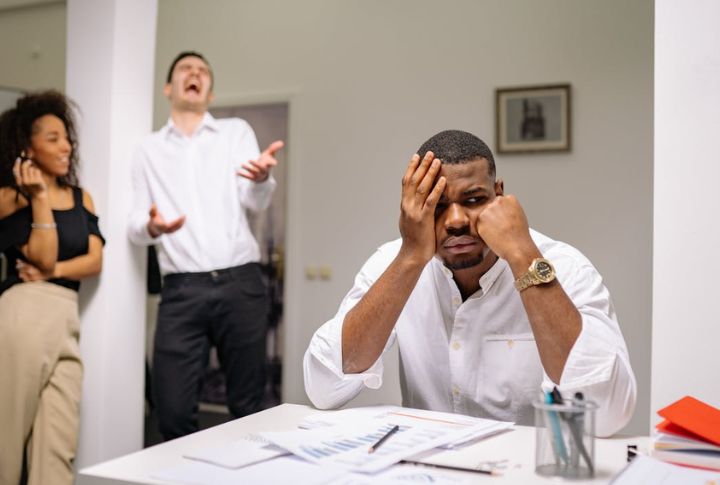
Solitude may feel like a peaceful refuge, offering comfort and quiet. Yet over time, it quietly diminishes your social confidence and skills. Forming and maintaining connections becomes more challenging. The longer the isolation lasts, the more it reshapes your social reality. These are the telltale signs your peaceful retreat has become a prison.
Heightened Self-Criticism

Your inner voice becomes a harsh judge without external perspectives to balance it. The mind amplifies perceived flaws while minimizing strengths, which creates a distorted self-image. And the relentless self-scrutiny transforms minor mistakes into major failures. With time, it may erode confidence and self-compassion.
Decline In Social Skills

Have you noticed how conversations feel clunky and timing in interactions feels off for certain people? It is due to their brain’s social processing centers receiving less stimulation. For such people, group dynamics feel foreign, and even basic small talk requires conscious effort.
Distorted Sense Of Reality

Isolation creates an echo chamber where thoughts bounce back unchallenged. Your perspective narrows and makes subjective feelings seem like objective truths. Such mental tunnel visions turn assumptions into certainties and disconnect you from balanced, realistic thought patterns. It may result in anxiety or discomfort when your reality does not match the facts.
Increased Sensitivity To Rejection

Limited social interactions make each encounter feel important. Your emotional system becomes extra cautious to signs of disapproval and interprets neutral expressions as rejection. The heightened sensitivity of these people creates a self-fulfilling prophecy where fear of rejection leads to withdrawal and puts them in a vicious circle.
Decline In Emotional Regulation

When you spend too much time alone, your emotions can become heavier and more complex to manage. Without the grounding presence of others, the natural process of co-regulation fades away. The lack of shared emotional support makes it challenging to process intense feelings and leaves you feeling vulnerable to sudden mood swings.
Reduced Motivation And Productivity

Social isolation significantly damages motivation and work performance. The 2020 Toscano and Zappala study revealed that isolated remote workers experienced heightened stress levels and decreased productivity. When social connections are absent, collaborative work suffers, and people find that goal achievement becomes substantially more difficult to accomplish.
Physical Health Consequences

When isolation becomes frequent, physical health suffers. Reduced movement leads to a sedentary lifestyle, poor eating habits emerge, and the immune system falters. Internalized stress weighs heavily on the body and undermines strength and endurance, which leaves overall well-being fragile.
Decreased Creativity

Creativity thrives on variety and fresh perspectives, but isolation limits both. Repetition of the same surroundings restricts imagination. Breakthroughs often emerge from collaboration or the introduction of a new stimulus. If you feel like you’re getting stuck in a rut, consider breaking the pattern and meeting new people.
Heightened Sense Of Loneliness

What begins as peaceful solitude can become a heavy emotional strain. The sense of disconnection grows acute, loneliness registering as psychological pain. Bonds feel out of reach, leaving self-worth fragile and diminishing overall happiness and emotional balance.
Disrupted Sleep And Daily Rhythms

Extended solitude often unsettles the body’s natural cycles. Without external structures or social routines, bedtimes and wake times drift. It may also lead to overexposure to screens deep into the night, further disturbing rest. Over time, irregular patterns erode both physical stamina and mental clarity.

